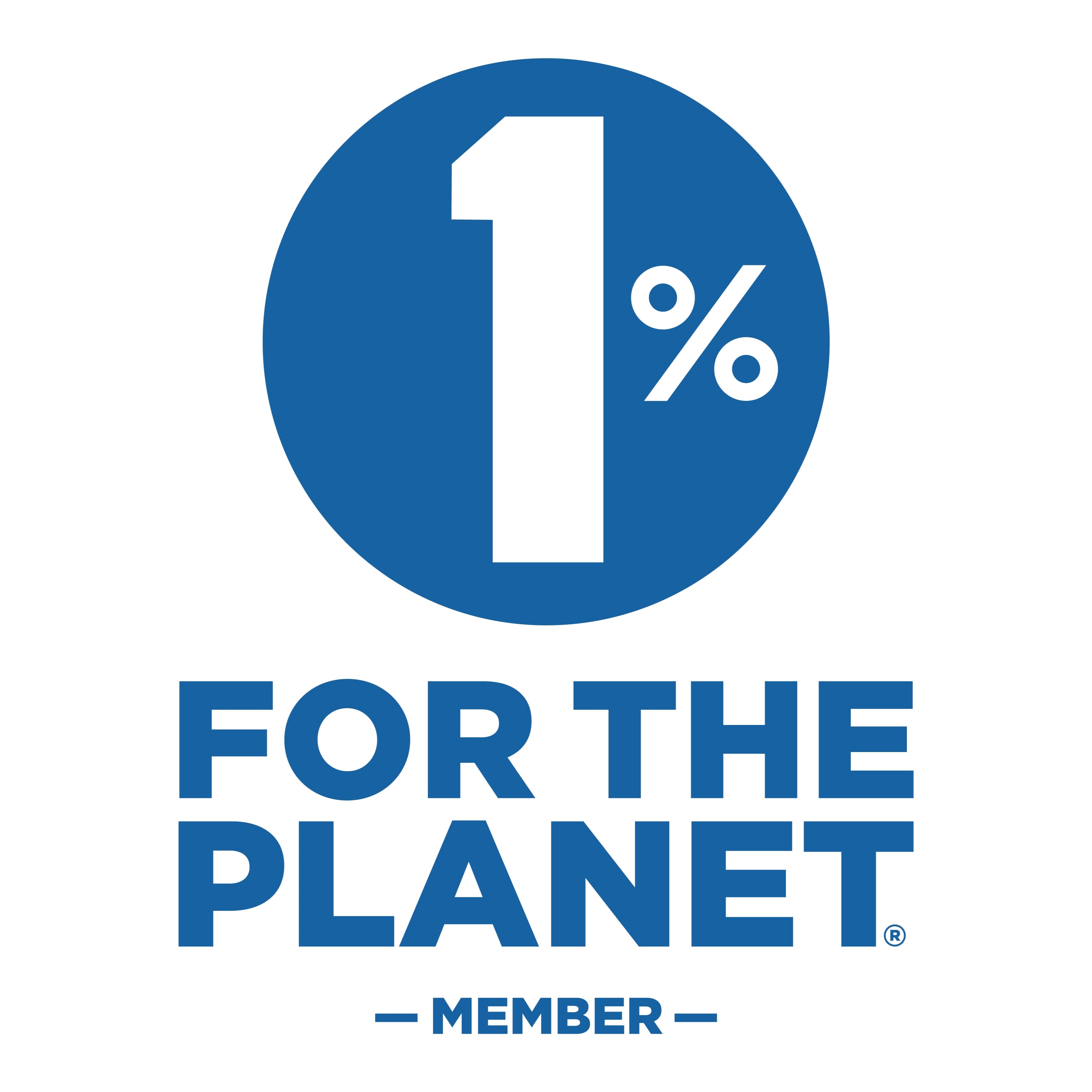Eco Conscious Private Aviation isn’t Greenwashing
There are around 22,000 active private jets operating worldwide. This number will increase steadily with another 7,000 new jets being predicted to come into operation by 2030 at a value of around $220billion.
Clearly there is strong demand which is not surprising post-pandemic. If you are the CEO of a global business and need to make several stops a day around a continent, private jet usage is the only option. With all the associated restrictions of commercial aviation, if you can afford it, private jet hire is a no brainer.
But we all know that to be environmentally friendly we shouldn’t be flying at all and if it is essential to fly we should be doing it in fuel efficient aircraft like Boeing’s 787 and Airbus’s A350-1000 whilst sitting in an economy seat.
Zoom, Microsoft Teams, Google Meet enable us to meet anyone anywhere in world with access to the internet, without travelling But sometimes a face to face is essential.
Private aviation is here to stay – you can’t un-invent it, especially when there is a growing demand.
Criticism of celebrities using private jets and flaunting their lifestyle journeys on Instagram and Tik-Tok is founded. Most don’t actually need to fly privately. Vanity prevails in this sector as travelling privately is seen as something to aspire to, and is supposedly a demonstration of their success and popularity. After all social media is all about engaging your audience and building your follower numbers.
The majority of private jet users are discreet.
Many Corporate Social Responsibility strategies encourage companies to make a positive impact on the environment, so if private jet usage is necessary they have to be seen to be minimising their carbon footprints and pollution.
Private aviation brokers like Victor (advert pictured) have jumped on this and enable users to see their carbon footprint and then offset the co2 emissions. They use 2 companies to offset- South Pole and Vertis (Strive). They also calculate the most efficient routes and use sustainable aviation fuel where possible. The traveller has access to all this information and can increase their offset by paying more (The cost for 200% offset is equivalent to 0.3% of the average cost of a booking, so it’s not that considerable)
This type of transparency is a positive move and supports the UN’s Sustainable Development Goal (SDG), Goal 13: “Take urgent action to combat climate change and its impacts”
So the G- word – Greenwashing. Are companies like Victor’s modus operandi greenwashing? In some ways they are, because we shouldn’t be flying privately, polluting the skies, and then claiming to do above and beyond to offset that pollution.
It’s a bit like a beef company saying that they offset the methane emitted by their cows, by growing soya for them!
On the other hand companies like Victor should be applauded for their transparency – greenwashing technically is when companies try and blind-side you. They are not doing that. They should also be applauded for tackling the pollution issue- if everyone followed suit the skies would be cleaner.
We all know that for the health of the planet we shouldn’t be flying at all, visions of Greta Thunberg sailing the Atlantic spring to mind, but if we have to, then Eco-conscious private and commercial aviation is the way to go.
#MinimiseOurHumanFootprint
©Ateliers Verts Ltd. 2022
Back to: Ateliers Verts® The Magazine





